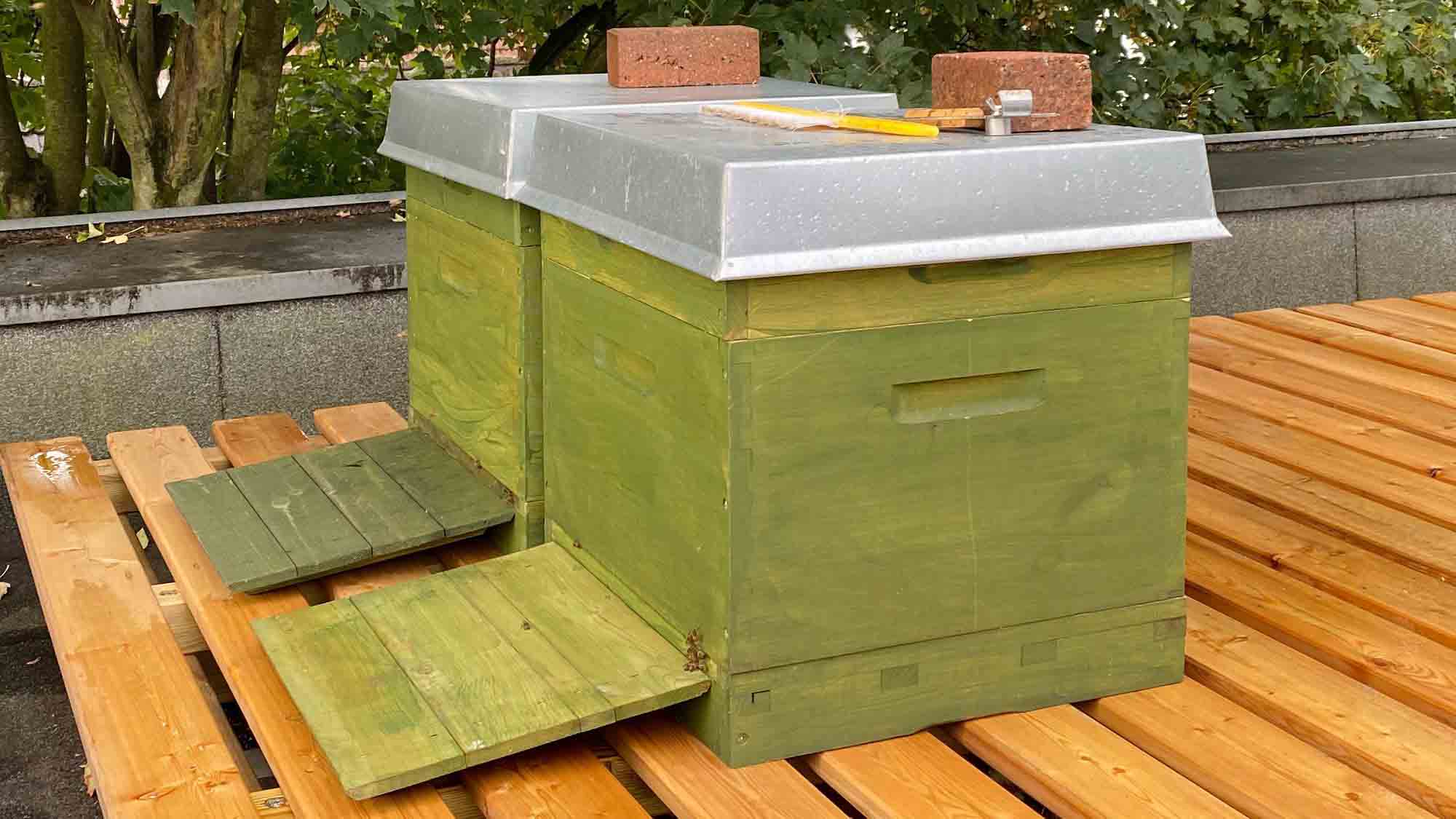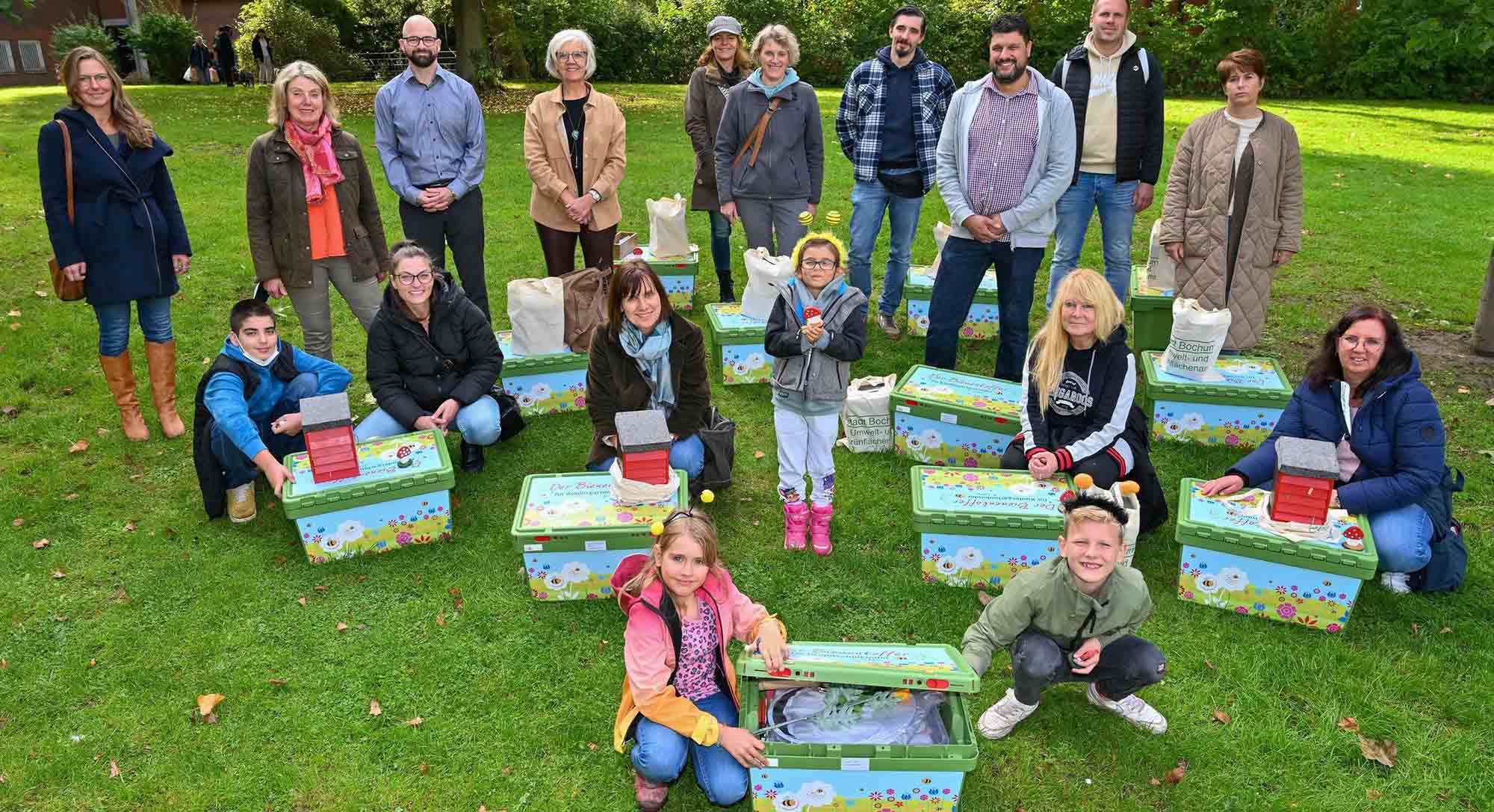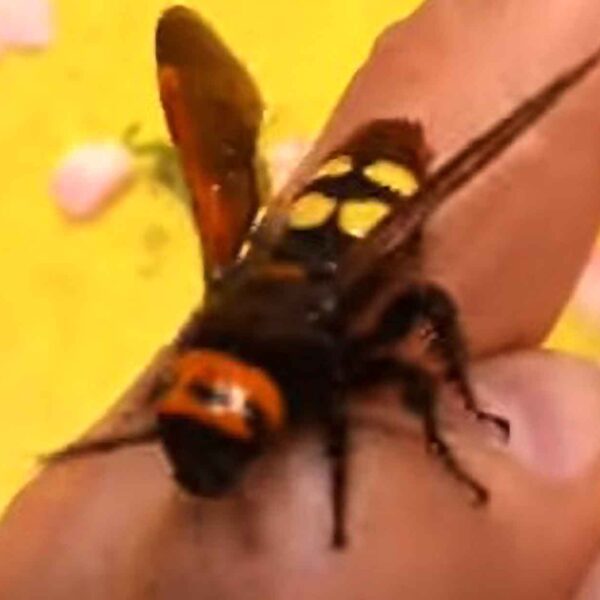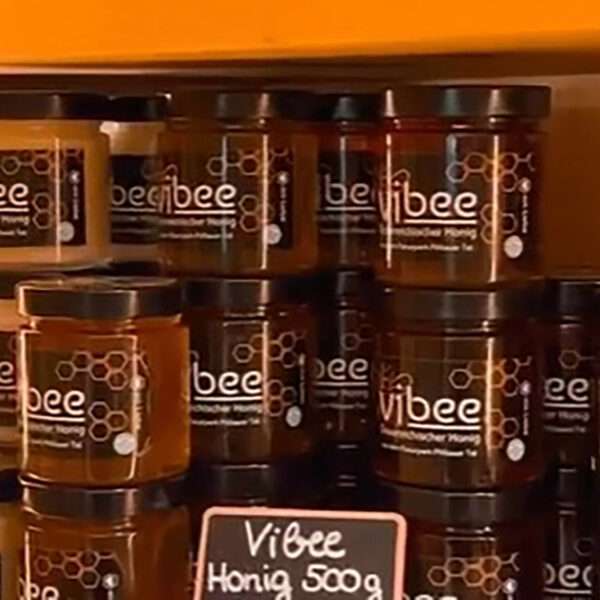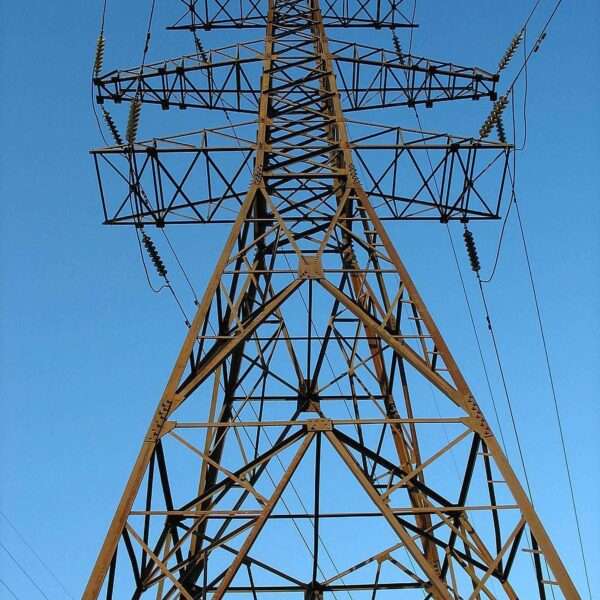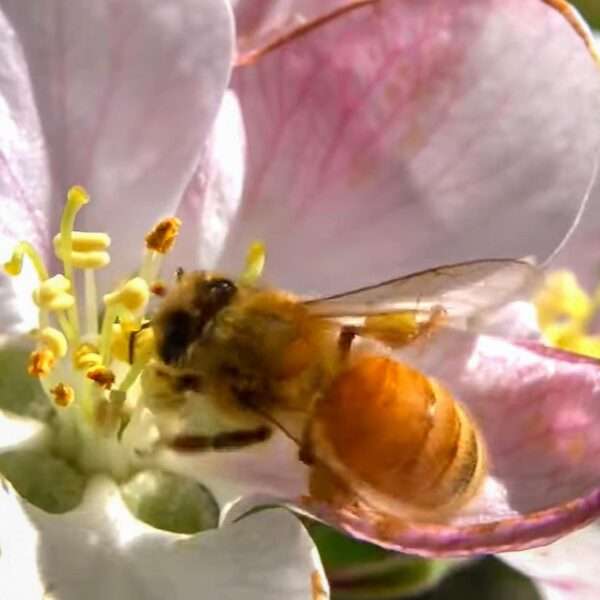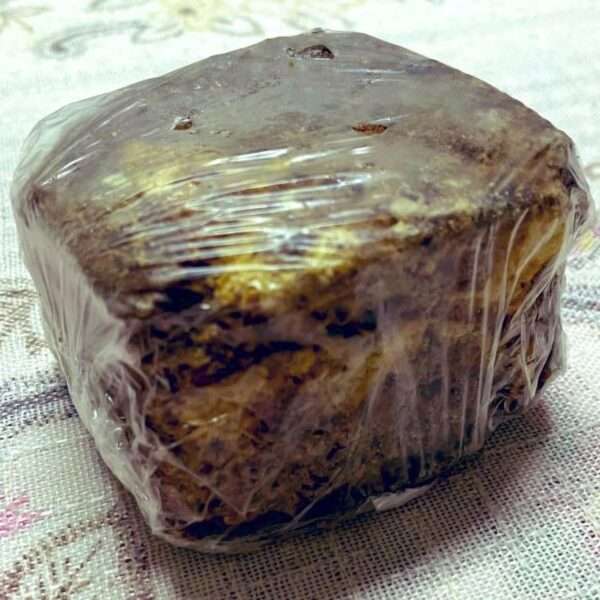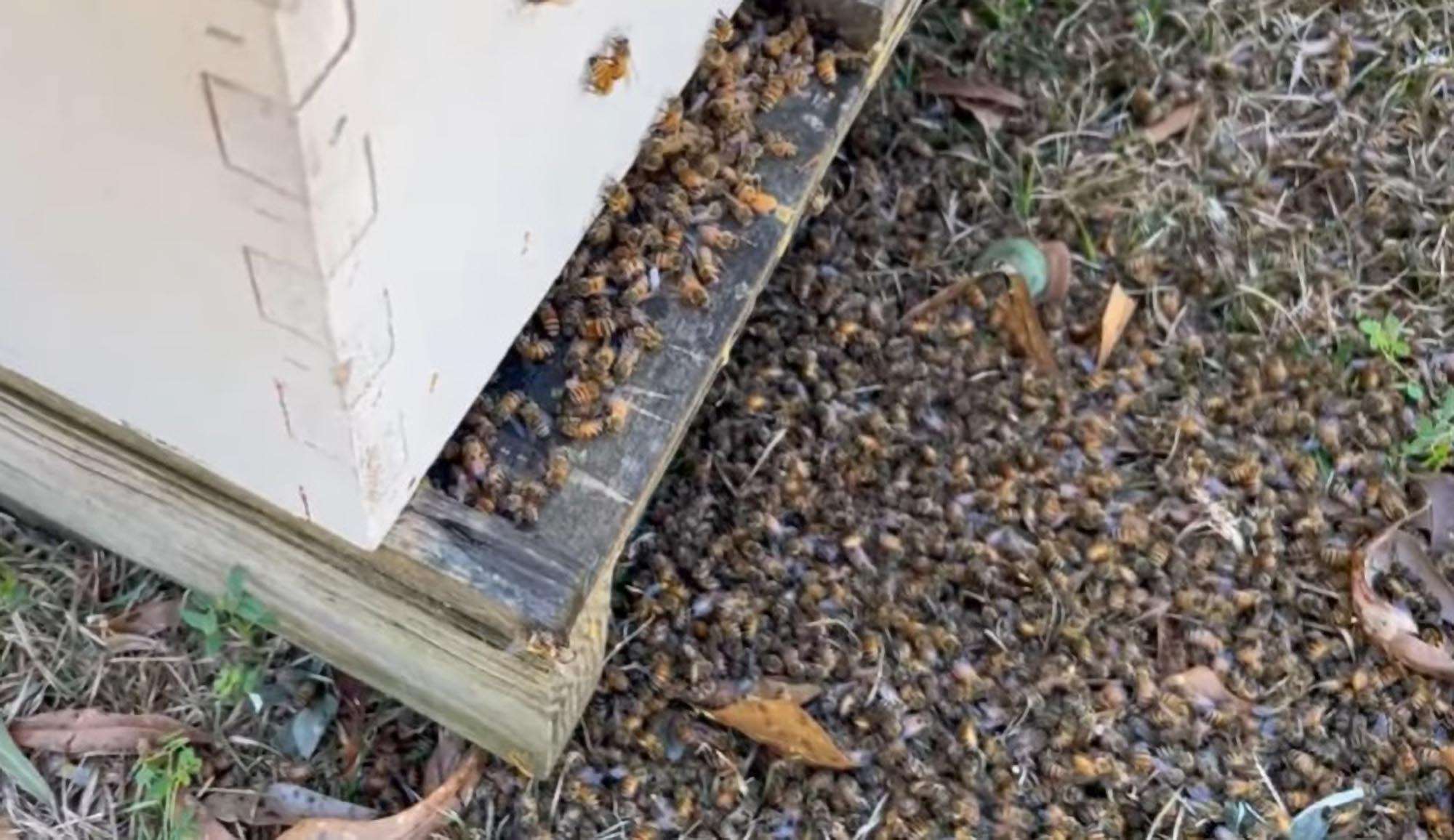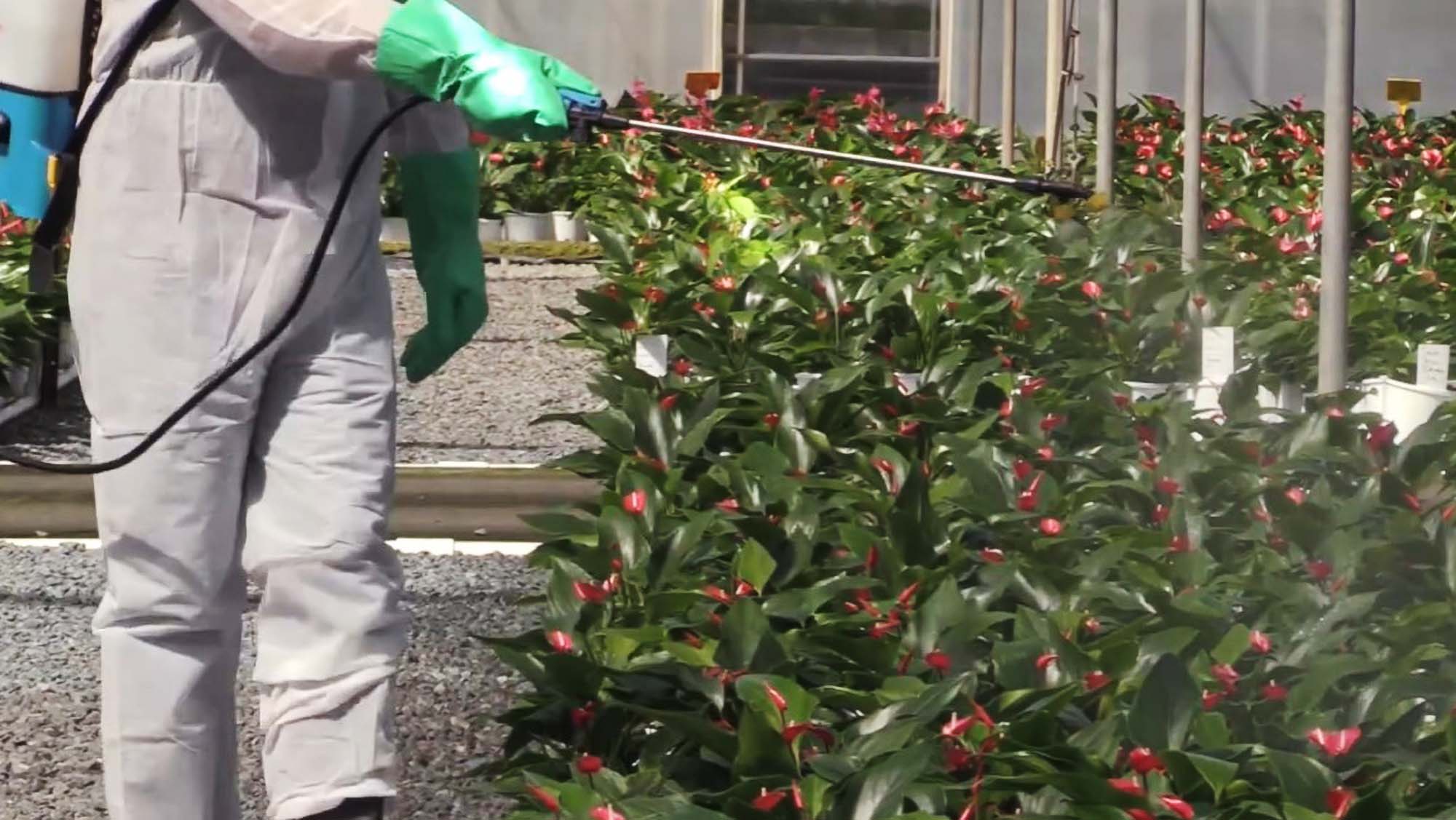Efforts to protect carpenter bees have been increased as a town in Austria decided to turn public-owned land featuring deadwood into a protected area.
Werner Krammer, the mayor of Waidhofen an der Ybbs in Lower Austria, said the town council hoped to improve the conditions of local insect species by creating the biotope at Reinhold Klaus Road.
The pasture features deadwood and might see the installation of an orchard, according to the People’s Party mayor.
Deadwood is vital to the existence of the domestic carpenter bee.
This insect creates nests in deadwood. Carpenter bees do not eat wood. They discard the wood particles or reuse them to build partitions between their nesting cells. Their tunnels through the deadwood function as a nursery for brood and pollen storage.

Carpenter bees are one of the so-called wild-bee species. This term refers to all other species of bees apart from the honey bee.
Wild bees do not produce beeswax or honey but they collect pollen to feed their young. Mason bees and leafcutter bees are other well-known types of wild bees.
The town mayor said: “The area we have chosen has a lot of potential when it comes to ensuring biodiversity.”
Krammer revealed that a walking path would soon lead through the premise. He added that information signs would be installed to help residents and children to find out more about the local flora and fauna.
The People’s Party politician underlined: “This premise is part of our comprehensive environmental concept which will ensure sustainability and development.”
Krammer added that none of the area’s soil would be sealed.
Waidhofen’s Environment Councillor Gudrun Schindler-Rainbauer told news portal MeinBezirk: “Insects might be tiny and some might consider them as neglectable. But they are achieving extraordinary things each and every day.
“Bees and a wide range of other insects are essential to our future. Without them, there would be no pollinating, no fruit and no healthy natural cycle.”
Waidhofen an der Ybbs has around 11,000 inhabitants and is located around 90 kilometres (56 miles) northwest of Lower Austrian capital Sankt Poelten.


